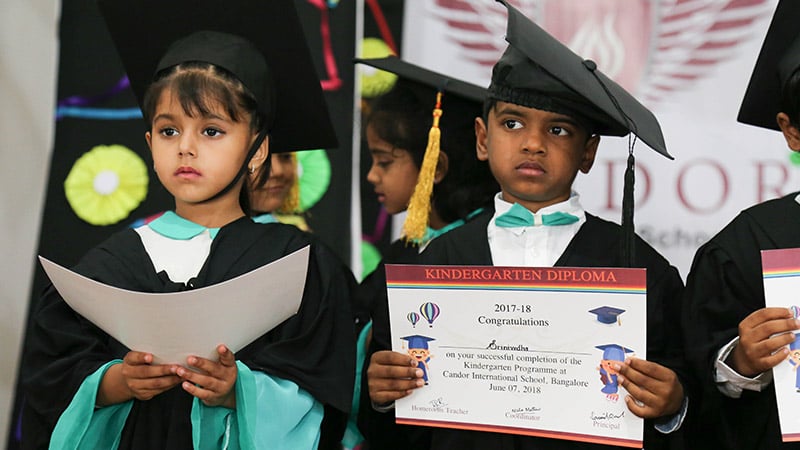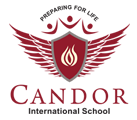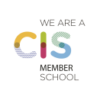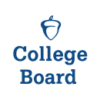
‘Every child is like a sponge’ the more a child is exposed and given the first-hand experience the more they will absorb and value their learning which will help them go far and wide as individuals with a positive attitude towards schooling and education.
The goal of the PYP according to the International Baccalaureate Organization is mainly to develop internationally minded people who recognize a common goal of humanity and share guardianship of the planet to help create a better and more peaceful world. Developing lifelong learners who are positive contributors to society is something we as educators strive to achieve.
I would like to share my perspective on the five benefits of an IB PYP education which makes a difference in a child’s early learning that helps them become responsible citizens of the globe.
1. Small classes caters extra attention to each child.
The IB prioritizes an individualized approach to learning. For children, especially young children, extra attention could make all the difference in getting a supportive and comprehensive education. The IB PYP teachers can give each unique student unique support that is tailored to their needs, making the material more digestible to students with different learning styles. The IB PYP smaller class size and individualized approach also make education more personal, allowing students to bond with and trust teachers more, and teachers to understand and get to know their students more. In conjunction with an interactive environment, a smaller class of students ensures that each student is allowed to participate and make the most of their experience in the classroom.
2. Students in the IB Primary Years Programme are taught how to learn.
One of the most integral parts of IB education is its focus on the “how” of learning. Students are taught how to learn effectively using critical thinking skills, organizational skills, research, and cooperation. This lays a strong foundation for the rest of a pupil’s academic career — it familiarizes them with essential learning habits that oftentimes students don’t hone until high school or even later. Encouraging good study skills from as young as pre-kindergarten age is an invaluable, unique aspect of the IB PYP.
3. Students are encouraged to ask questions, be curious and be confident.
The IB PYP students are taught in a supportive, intimate environment where they are encouraged by teachers to inquire for themselves and to be confident in their own abilities. Most standard programs ignore this aspect of learning and focus solely on teaching the material alone, but children in the IB PYP benefit greatly from this all-inclusive approach. Students who are encouraged to ask questions are naturally more likely to seek out answers for themselves and develop creative solutions. Similarly, the growth of confidence inspires bigger aspirations, a more consistent work ethic, and an enthusiasm to learn.
4. The IB Primary Years Programme is centered on the student, and not on the teacher or the curriculum.
The International Baccalaureate is intended to put the student first, always. Being taught in the IB PYP means not only individualized learning but also programming that is designed specifically for Youngers students to connect with. While teachers or the curriculum itself are essential, ultimately, the student should always be the number one priority; the IB achieves a learner-focused program that molds the whole student, builds personal confidence and responsibility, attends to individual needs, and engages with creative teaching.
5. The IB PYP education suits all types of learners
We know that all five fingers are not the same and so are our learning patterns for each child is different, in the IB PYP education here with children with very different personalities and backgrounds thrive in the program. However, as learning is hands-on and involves asking questions, discussing, and moving around to find things out, the classroom environment can be different from that of a traditional curriculum. Though the program is very well structured through the written, taught, and assessed curriculum, teachers will allow students to explore and investigate their inquiries, something that may not happen in other curricula.
Written by Srijana Sanctis
Homeroom Teacher (Grade 3A)




